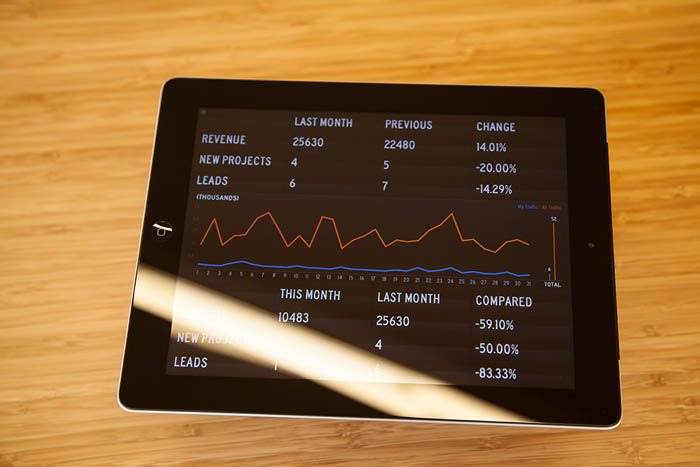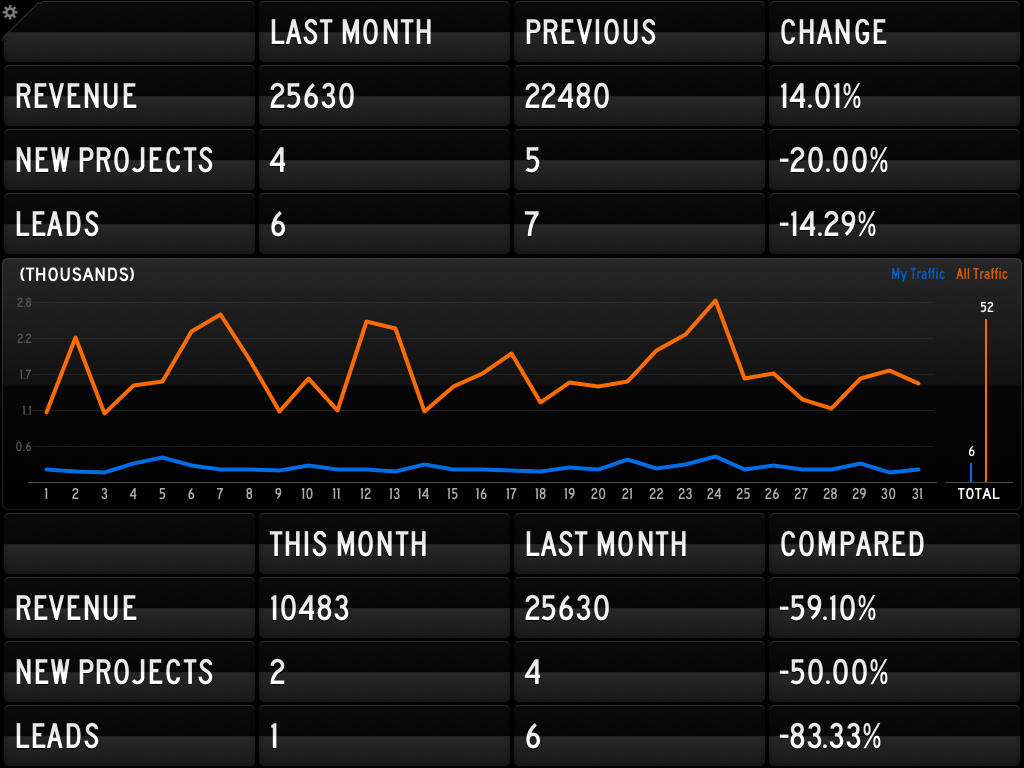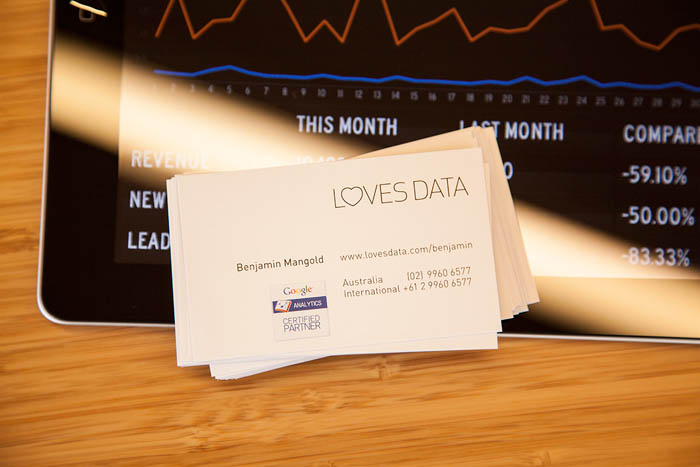Personal Success Metrics
Loves Data

Last year Google’s Adam Singer wrote a post about reporting personal success metrics within your agency. Regular reporting of performance metrics within an agency or any business for that matter is critical, but Adam extends this by encouraging individuals within an organisation to report on their own personal contribution to the company. This has the potential to drive positive change across the whole organisation by instilling a data driven culture from the ground up. Adam includes the following in his framework for demonstrating personal performance:
- Revenue
- New projects
- Qualified leads
- Organic mentions
- Website / blog traffic
Google Analytics is a logical starting point to begin to fill in this information, but it will need some manual input of offline data too. From Google Analytics we can determine revenue (perhaps a combination of ecommerce and goal value data), qualified leads (could be contact form conversions) and traffic (such as referrals from your own social media profiles or blog). With these we can start to build a compelling set of metrics for performance.
You will need to integrate offline data about any new projects that you have pushed over the line and potentially fill in the blanks around off-site organic mentions (think Twitter and LinkedIn) where posts have only received views, but no actual click-throughs - eg. posts about your company, or participating in industry conversations from a personal, yet company branded account.
When you start thinking about your role in each of these areas, you can start to see the potential of building your own personal success dashboard to monitor how you are performing - and maybe even show to your boss.

personal dashboard example
Personal Attribution
Thinking about Adam’s great idea, how could we make it easier to attribute success to individuals? Well, one way to do this would be by looking at referral data, but this could also be extended by using Google Analytics campaign tags for inbound links.

personal measurement card
For example, here at Loves Data we have vanity URLs on business cards so we can understand who is generating traffic, but this could be extended to other inbound links as well.
Making Business Personal
At the end of the day however, we need to make sure that we aren’t just reporting on personal success metrics. We need to define these, and other appropriate metrics, at the business-level in order to understand performance in context. Typically, these would be KPIs (Key Performance Indicators), but they could potentially be combined with personal metrics. Imagine a management meeting where everybody has their individual metrics that then roll-up into to an organisation-wide dashboard!
Do you regularly report on business and individual metrics? Has it helped you instill a data driven culture in your organisation? Let us know in the comments!
